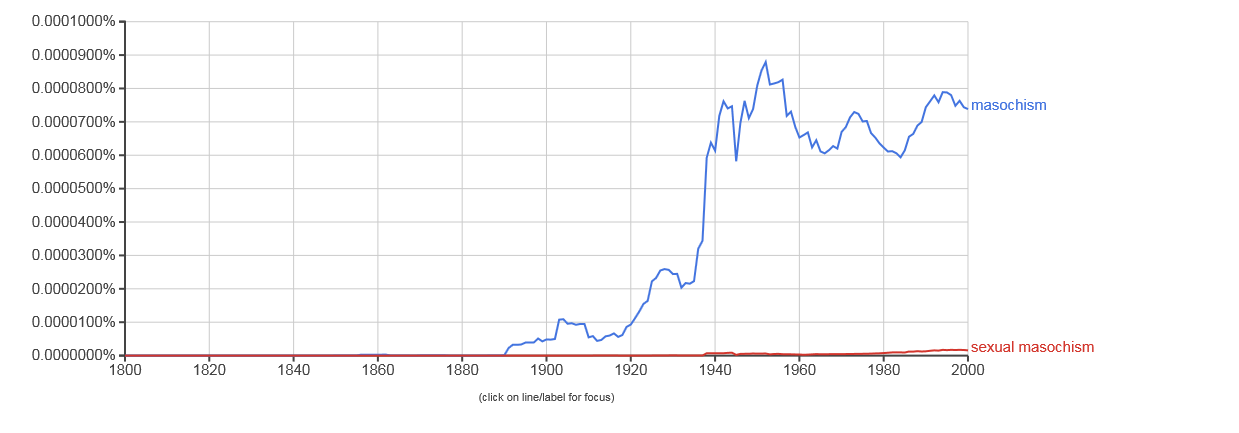The word masochist is used for someone who enjoys what others consider unpleasant:
1.1 (In general use) a person who enjoys an activity that appears to be painful or tedious:
It also has song sexual connotations:
1.0 A person who derives sexual gratification from their own pain or humiliation:
Is there a word that describes this condition without the sexual baggage?
Citations from ODO

